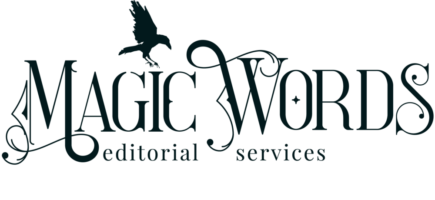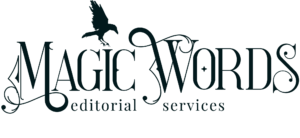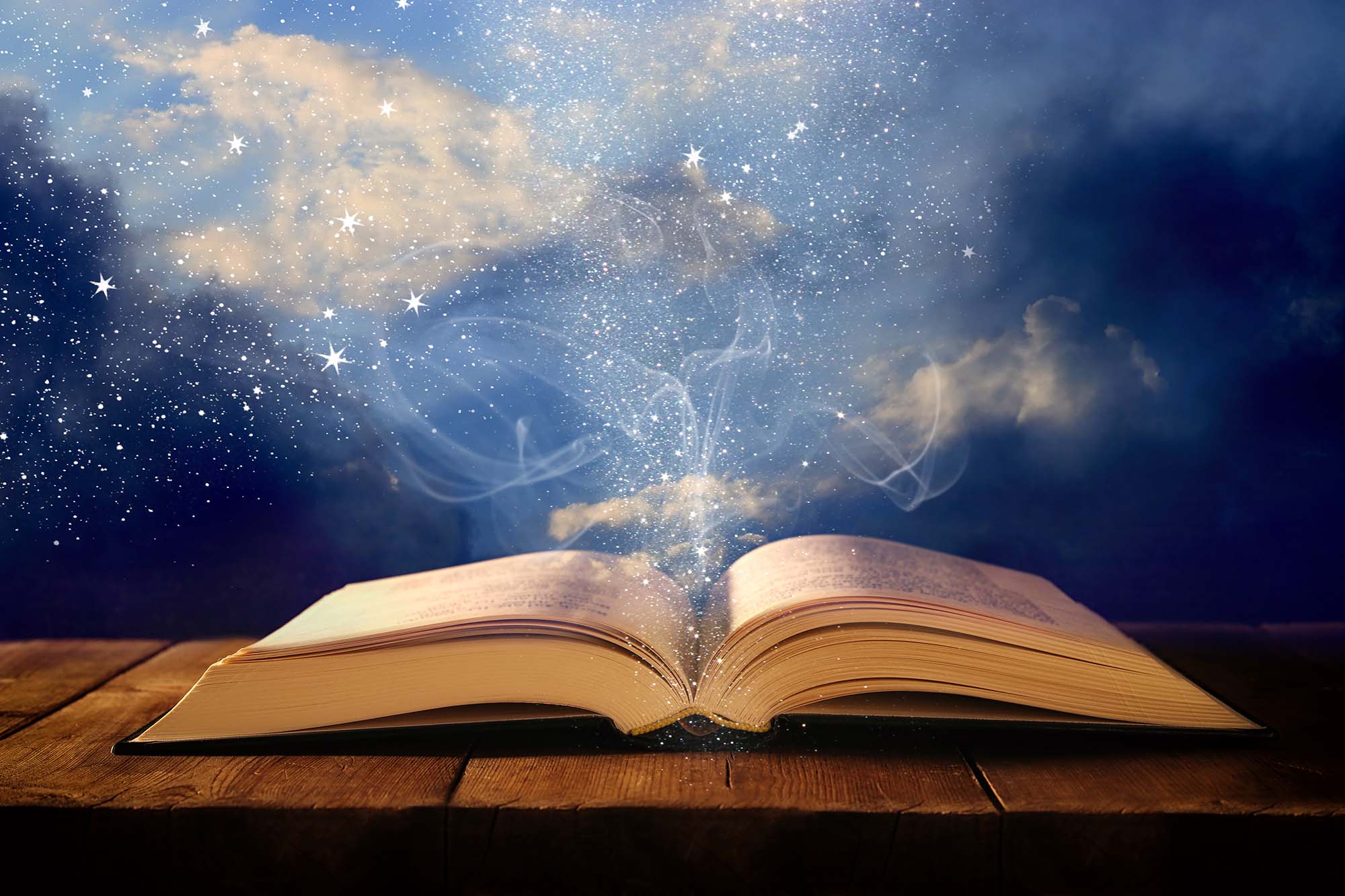
What Do Editors Do? Why a Professional Editor Might Be Your Book’s Secret Weapon
If you’ve spent the time and energy to write a book (or even if you’re just getting started on that dream), you probably know that sometime between typing that opening sentence and hitting “Submit” on your chosen publishing platform you’ll need to find that elusive unicorn called an editor. And, even more likely, your knowledge of just what an editor does, and what they can do for your book, is about as comprehensive as the average person’s understanding of quantum physics.
I know when I started writing a book in earnest, way before I began my editor training, that was the case for me.
Who are these lovely individuals? What is their job? And, most importantly, how can they make your book stand out in the crowd?
Read on to learn more about what editors do and how they can help your manuscript reach new heights of writing glory. (This is the first of a series of blog posts I’m putting together to help indie and self-publishing authors learn about the mysterious world of editors and editing. Look for a new post on a semi-frequent basis, and all posts in the series will be linked once they’re published.)
What is editing?
I run across the following misconception running wild in the hinterlands of the Interwebz on a regular basis. A lot of writers tend to refer to their revision process as editing. Okay. I suppose that’s technically correct. But I like to keep these two phases of a book’s publishing journey separate, mostly for accuracy, but also to help writers understand what they should be looking and asking for at various waypoints in the process.
Revision: When writers make changes to their manuscript, rewriting and perfecting passages, changing characters, replotting, etc., to move their story from one draft version to another.
Editing: Most everything that happens after drafting.
What do editors do?
In his wonderful book What Editors Do, Peter Ginna explains that defining editing and the job of editors is somewhat fuzzy because there are so many definitions and they fill so many roles. Within traditional publishing houses, editors could do all of the following (not by any means an exhaustive list):
- Find works to publish
- Represent the author to the publishing house and the house to the author
- Help writers develop their books to fit the marketplace and reader preferences
- Advise writers on the publishing process and help move a book through that process
- Correct and improve the author’s text.1
But what about freelance editors? Who are they, what do they do, and how can they help authors like you? Freelance editors fill some of the same roles but outside of the confines of publishing houses.
Ginna adds to his definition by saying that an editor, no matter who they work for or how, is “a connector—a conduit from writer to reader—but also a translator, improving communication from each to the other.”
I love that definition, and I’d say it’s darn accurate. Because, despite what type of editing an editor is performing on a manuscript (we’ll get into editing types in a future post), an editor’s main goal is to help translate an author’s vision on the page into something a reader can understand (and hopefully love).
“But, wait a minute,” you’re probably wondering, “I thought I was the one translating my vision into a story that readers could understand. Isn’t that what writing is?”
It is! And maybe not! An author is so enmeshed with the words they write, so close to the story they’re telling (naturally), that sometimes it’s hard for them to put their reader hat on and gain the needed separation to see their writing as a reader would. After all, their brain knows the story they’re trying to tell, so if they miss that plot hole in chapter ten, or that one three-paragraph-long sentence in the climax scene is perfectly understandable to them, when they’re reading their story to themselves, everything is fine.
But it might not be to someone seeing the work for the first time. A fresh pair of reader eyes is more likely to see mistakes, writing baubles, misspellings, inconsistencies, poorly written characters, plot issues, and a host of other problems that an author misses.
I like to explain to writers that, as a freelance editor, my job is to first and foremost be a professional reader. I’m that first “fresh pair of eyes” for a story, and my task is to approach the work as a reader would, to ensure all craft elements work and all language flows for maximum reader understanding. I represent a writer’s ideal audience and help translate the writer’s communication, story, and words into the cleanest, most understandable version possible for that audience.
So, while I don’t find titles or represent a publishing house, I do help develop stories, advise on and assist with moving a book through the first stages of the publishing process, and correct and improve the author’s text, all in preparation for an author to have the most perfect book possible for submission to an agent or traditional house or to self-publish.
In my next post, I’ll discuss the types of editing freelance editors do and where each type fits into your publishing journey.
Until then, if you’re nearing completion on a manuscript and want to know exactly how a freelance editor, as a professional reader, might help you get that work ready for submission or self-publishing, reach out here.
Other posts in this series:
The Different Levels of Editing and How to Decide What Your Book Needs
Thinking of Hiring an Editor? Four Ways to Find “The One”
Thinking of Hiring an Editor? Three Places to Find “The One”
